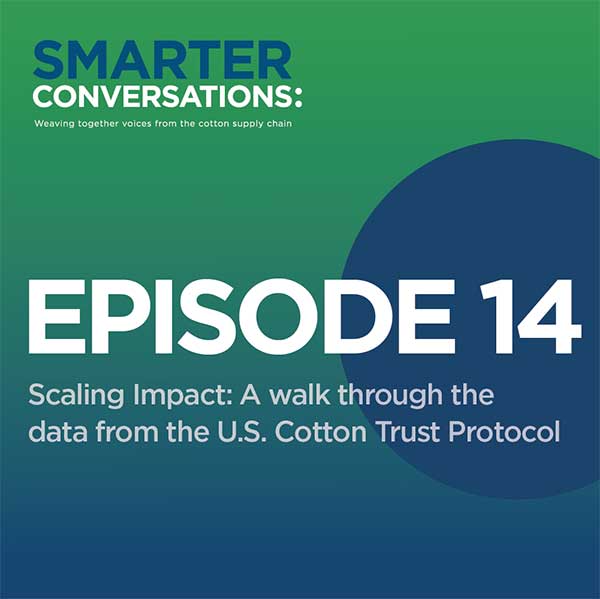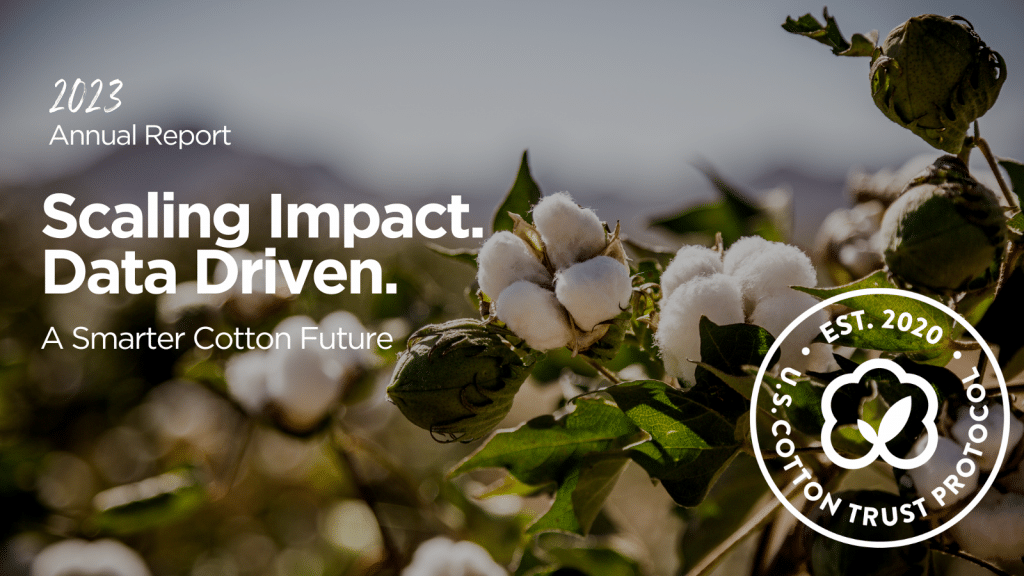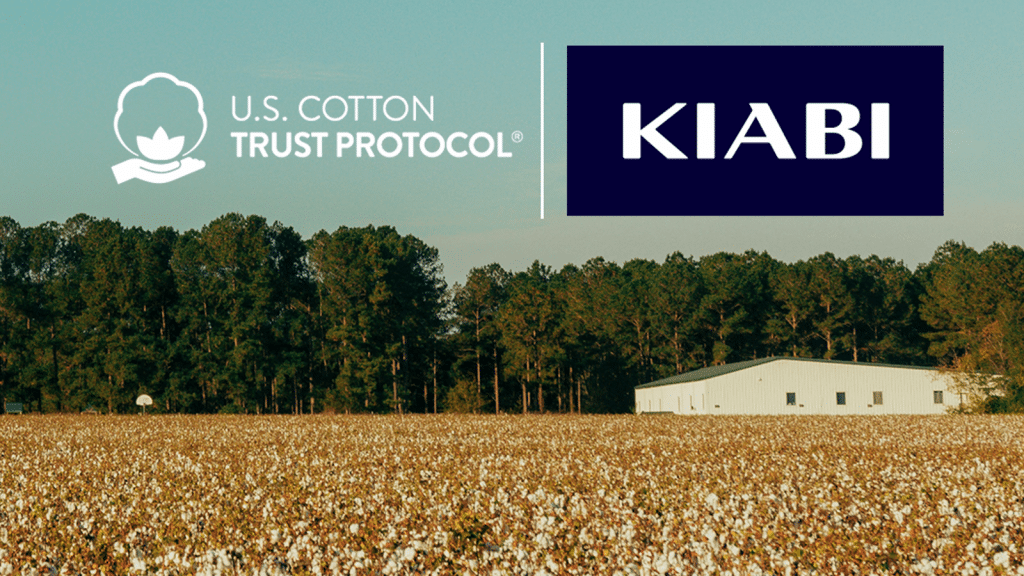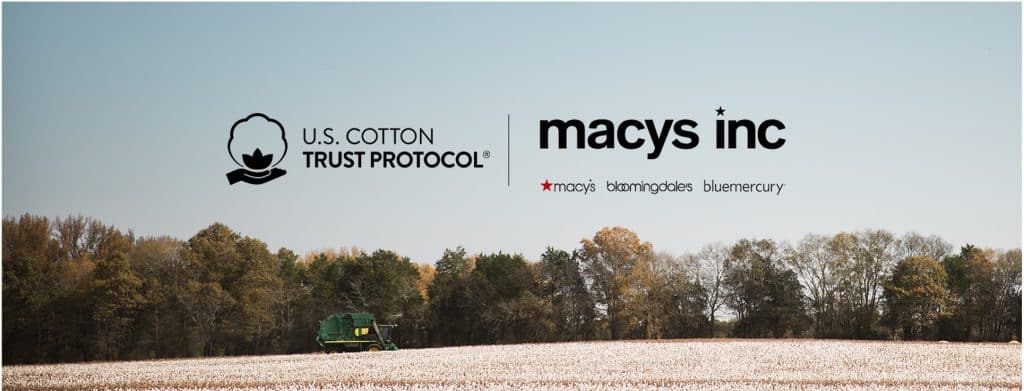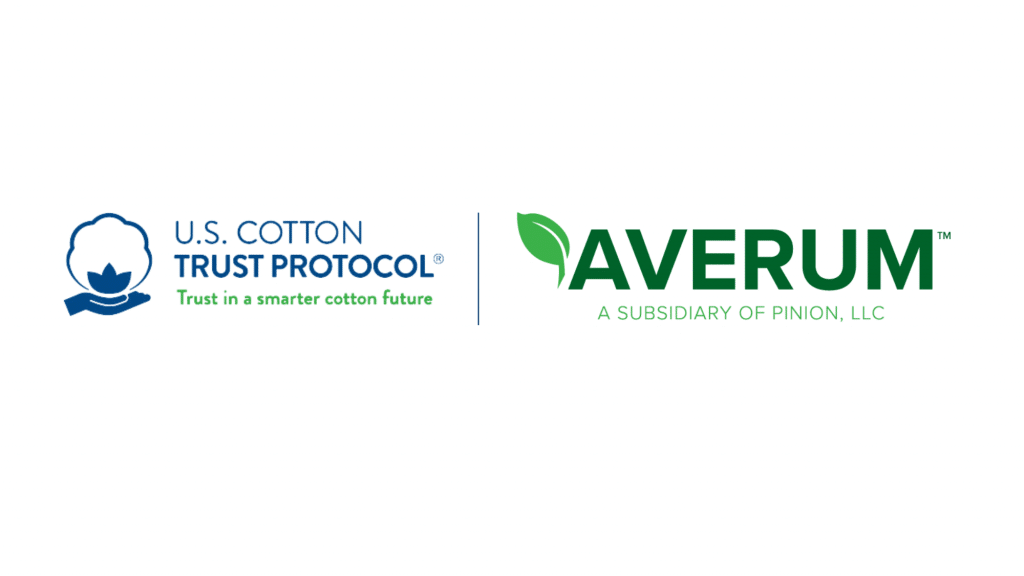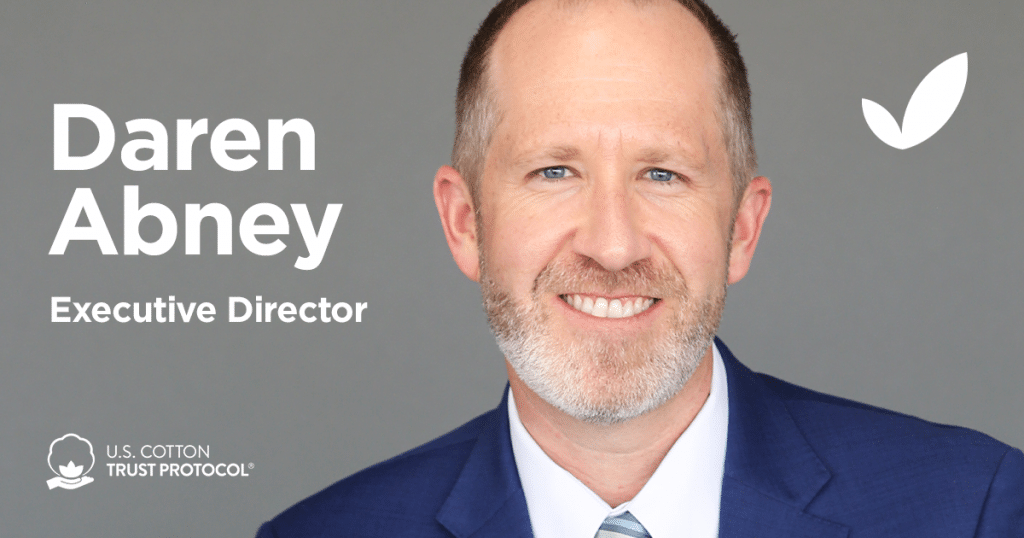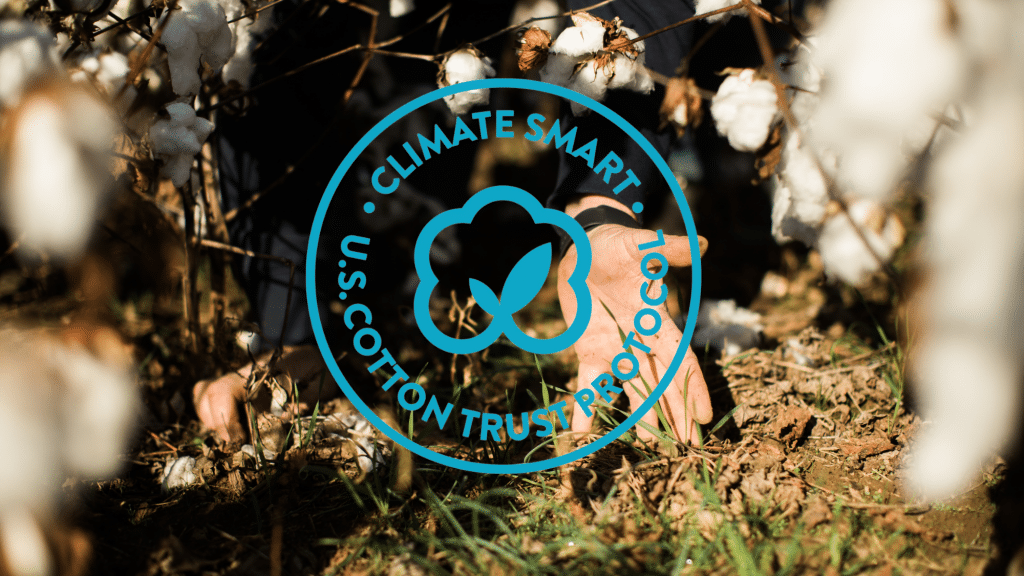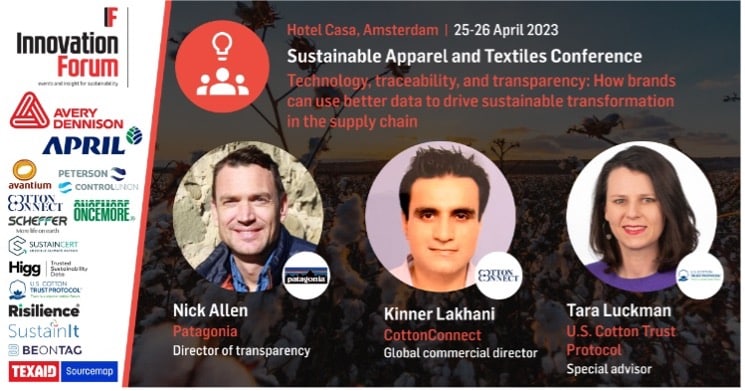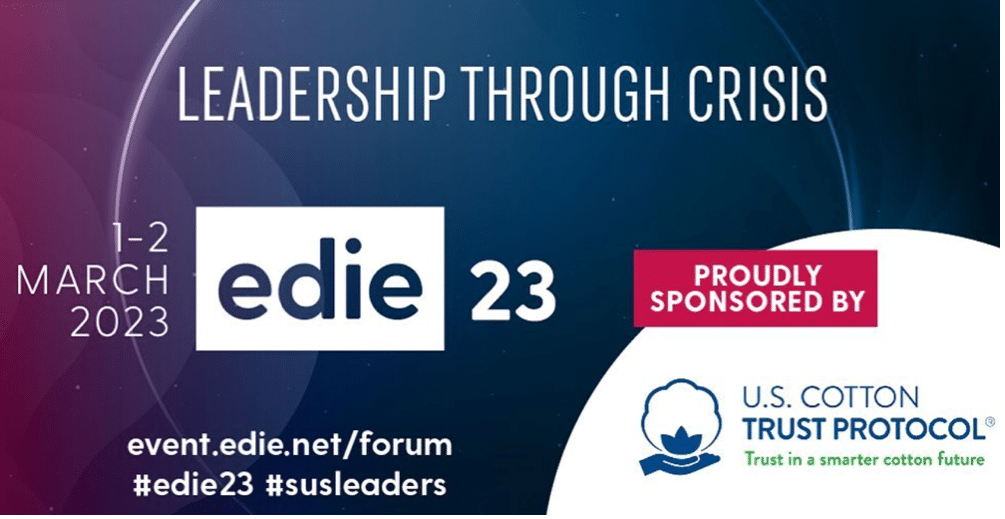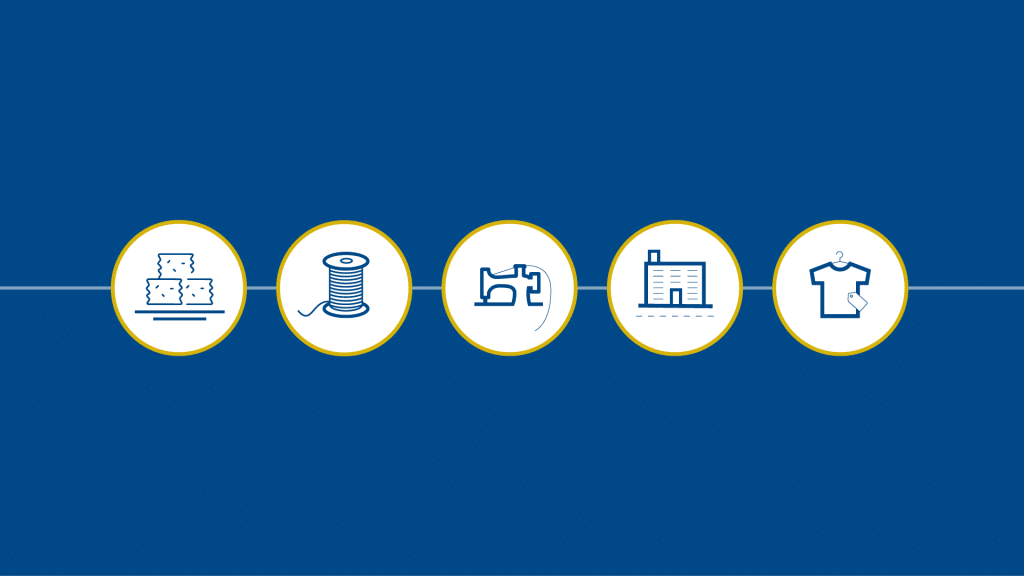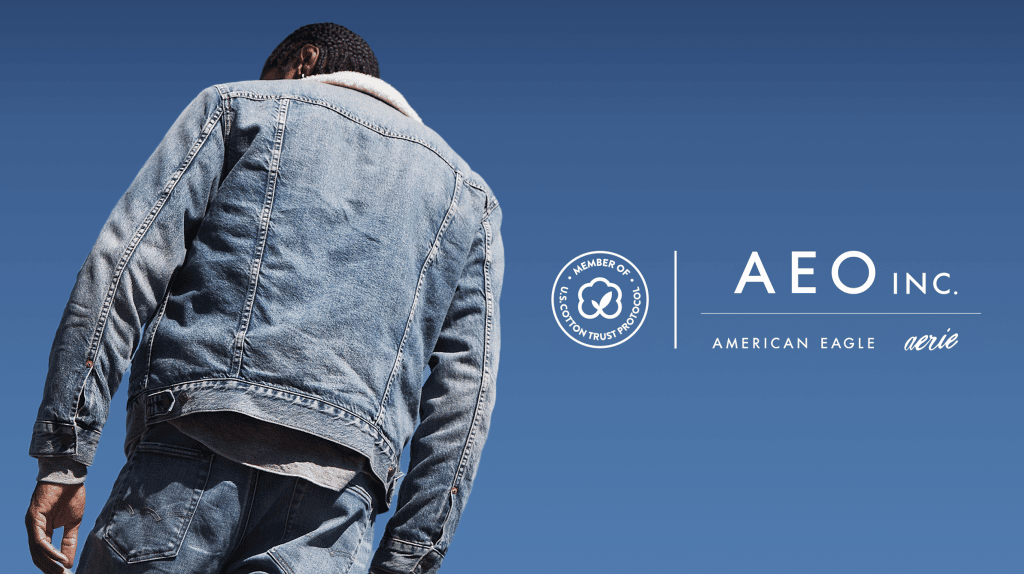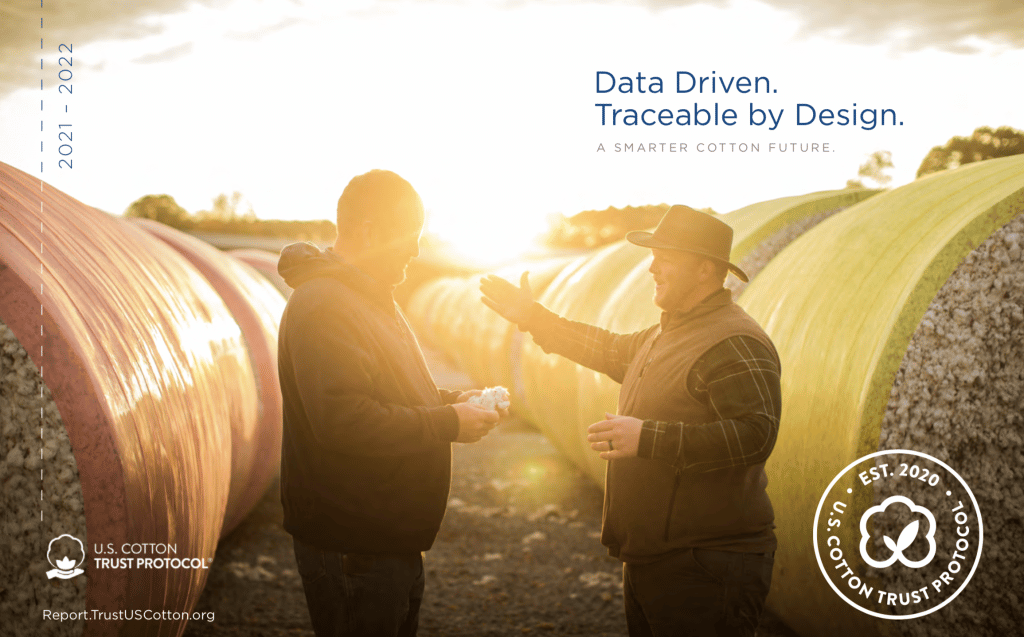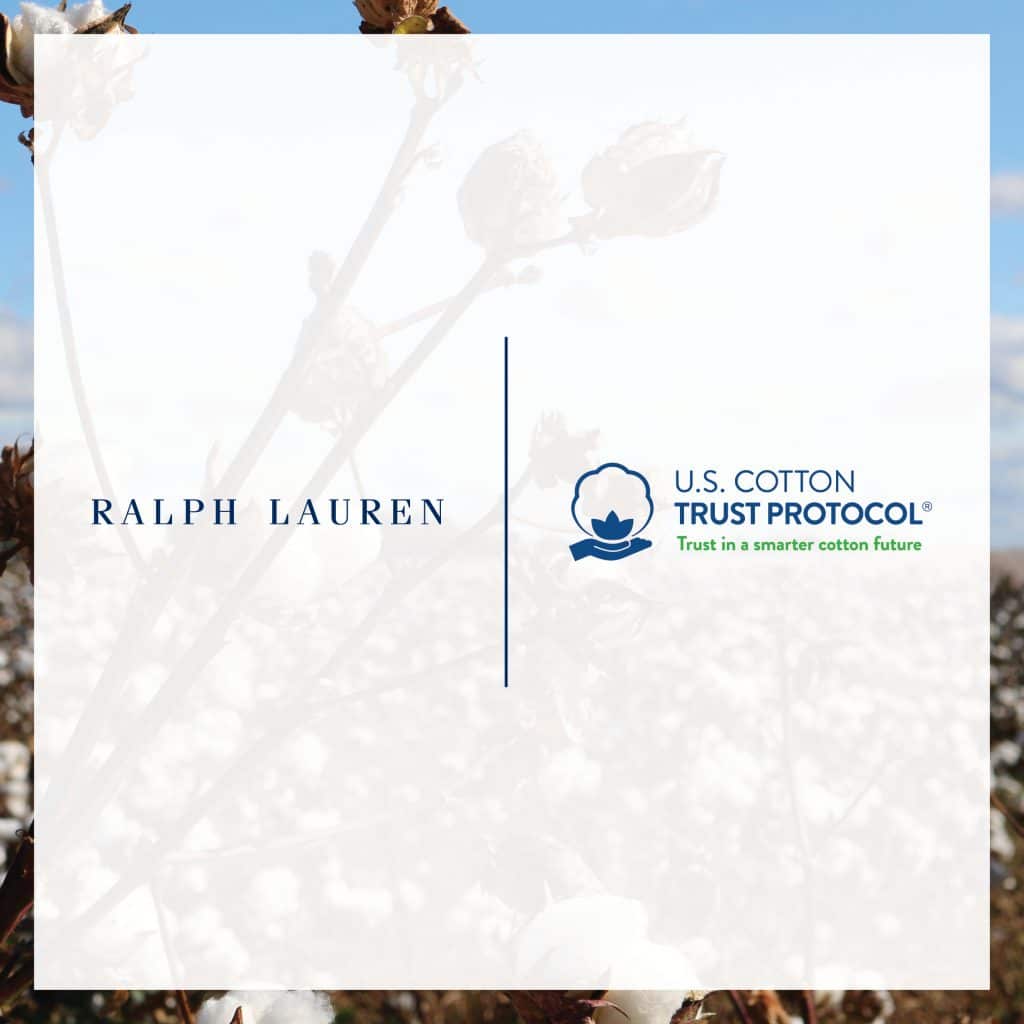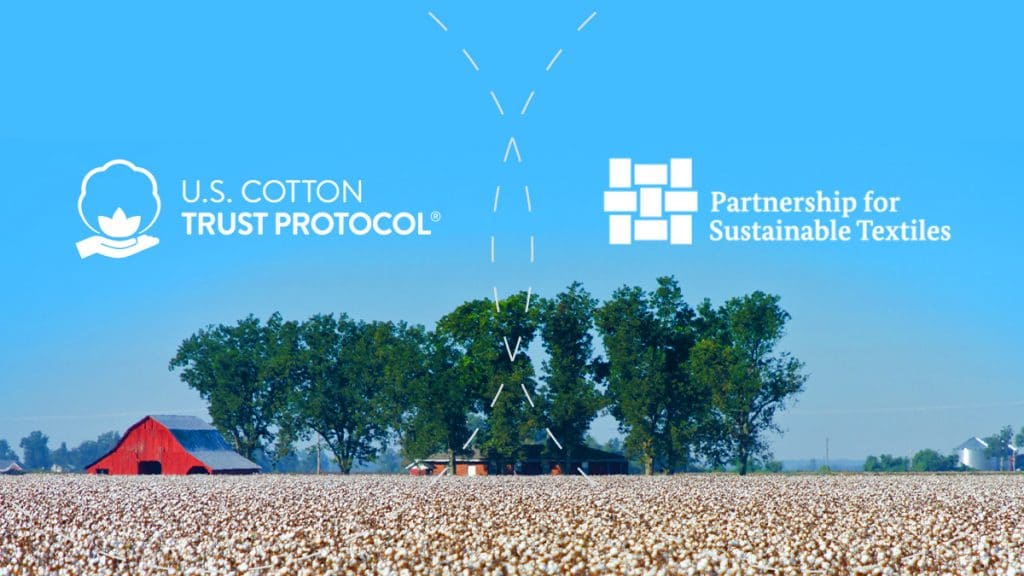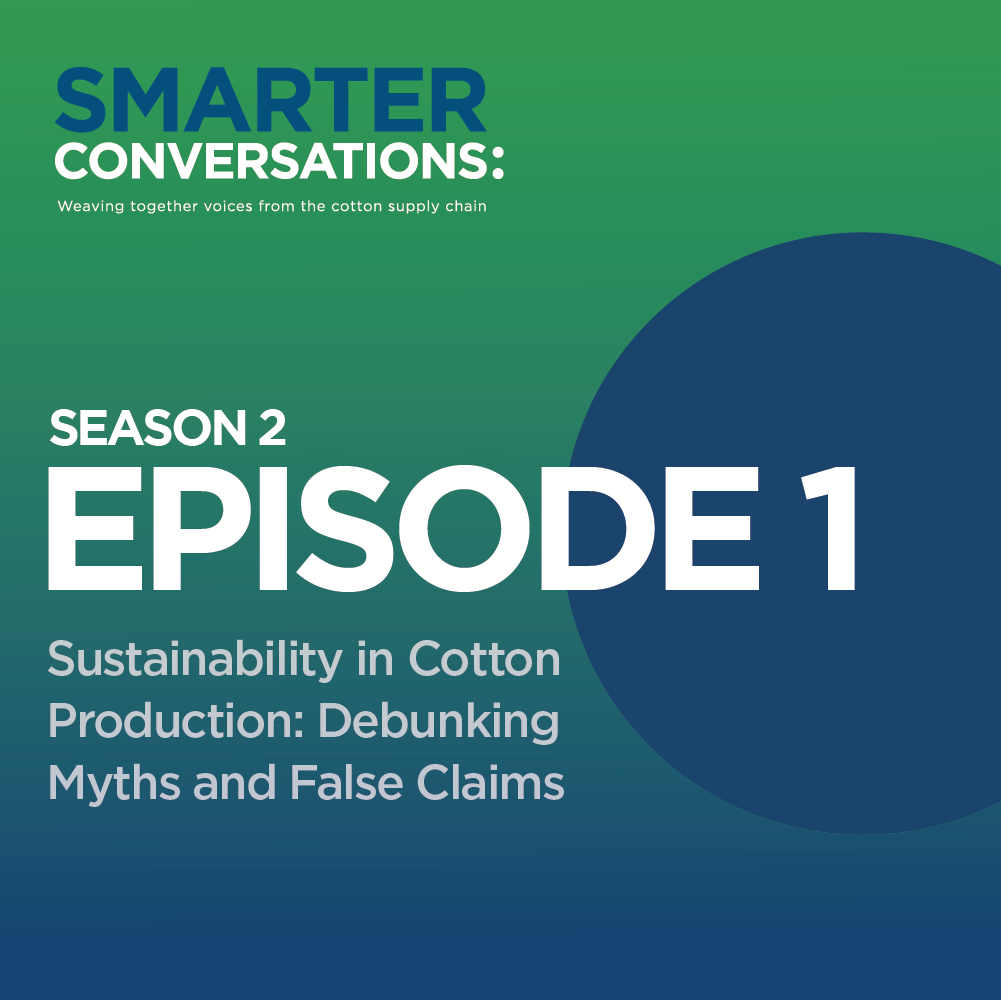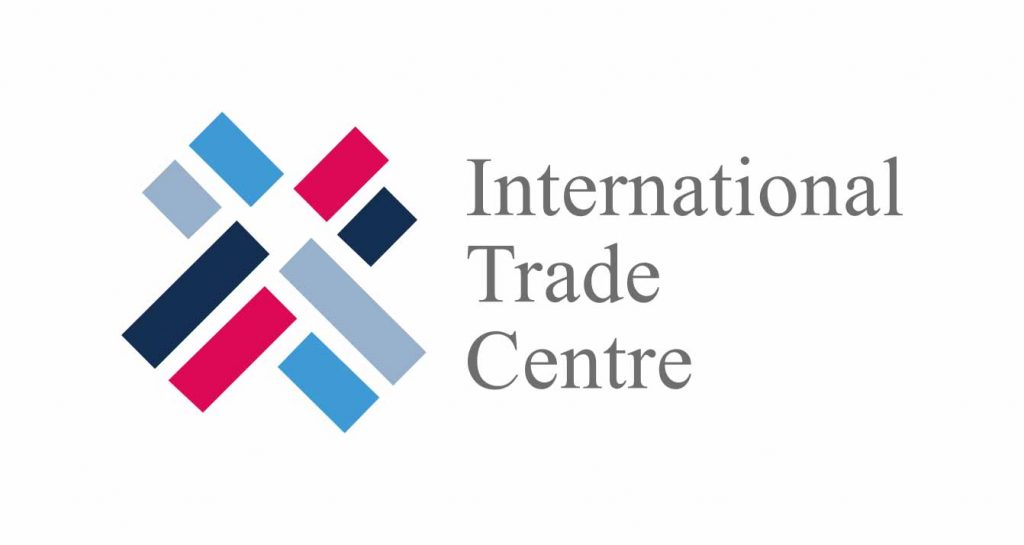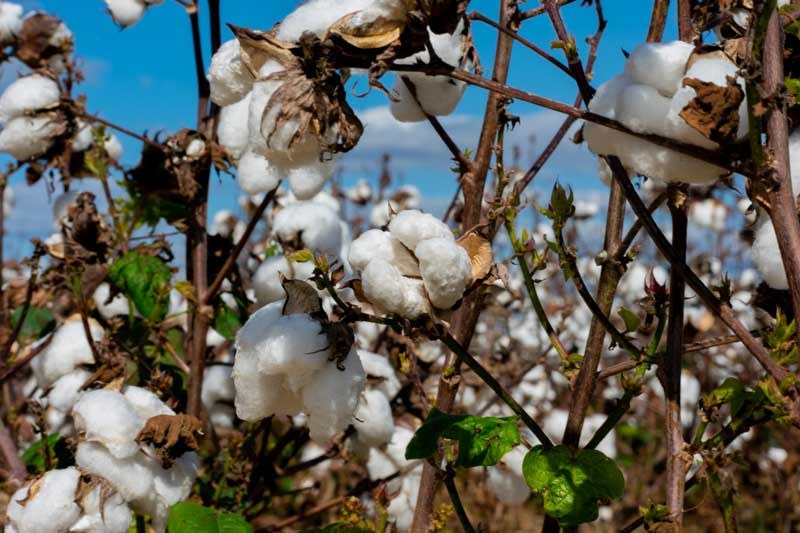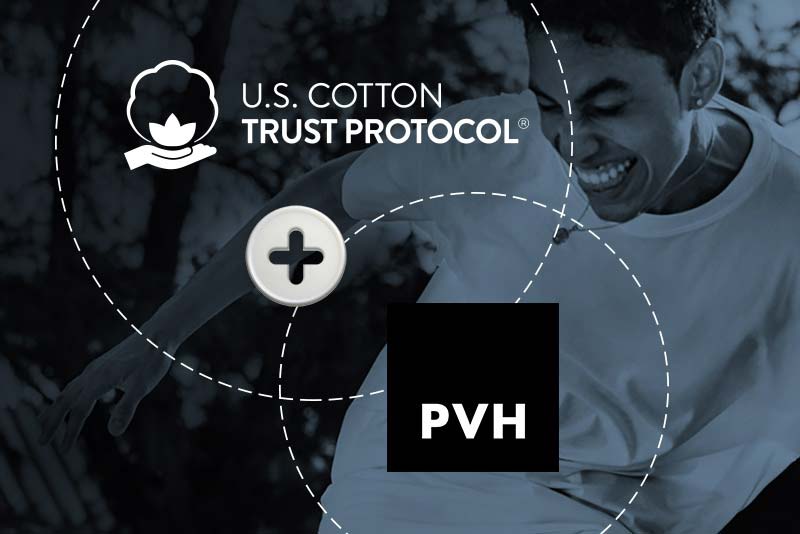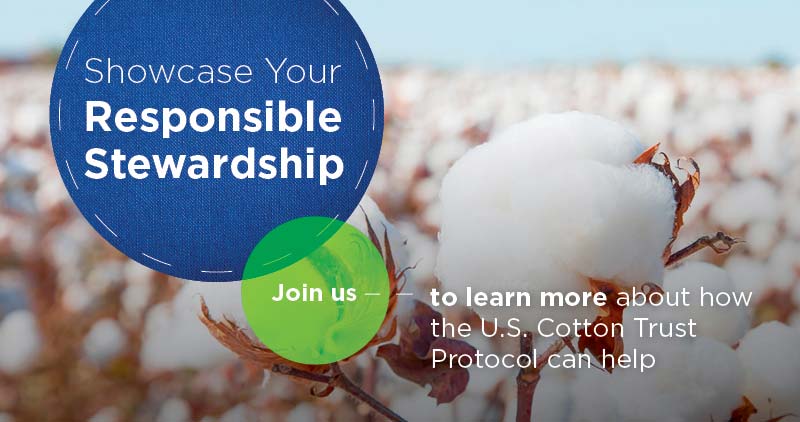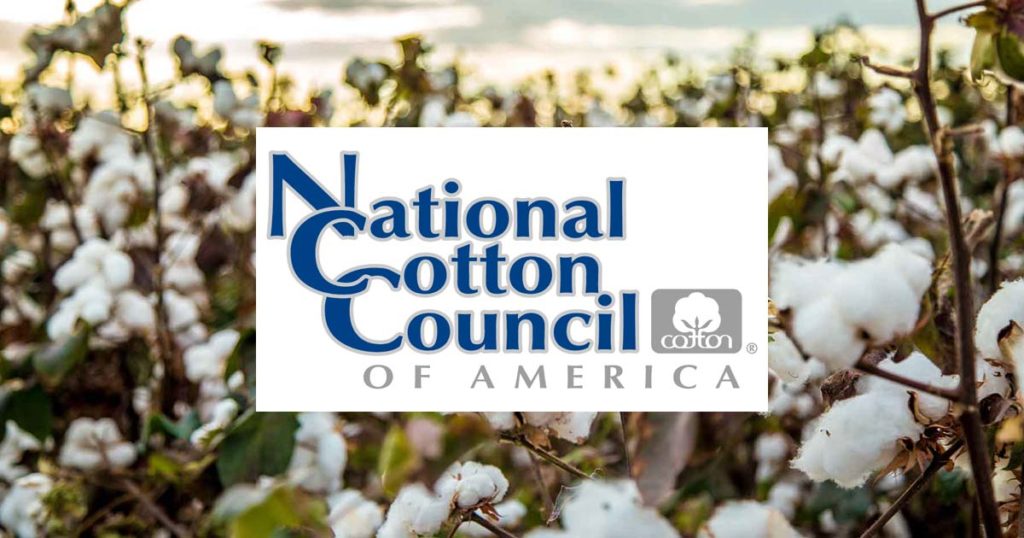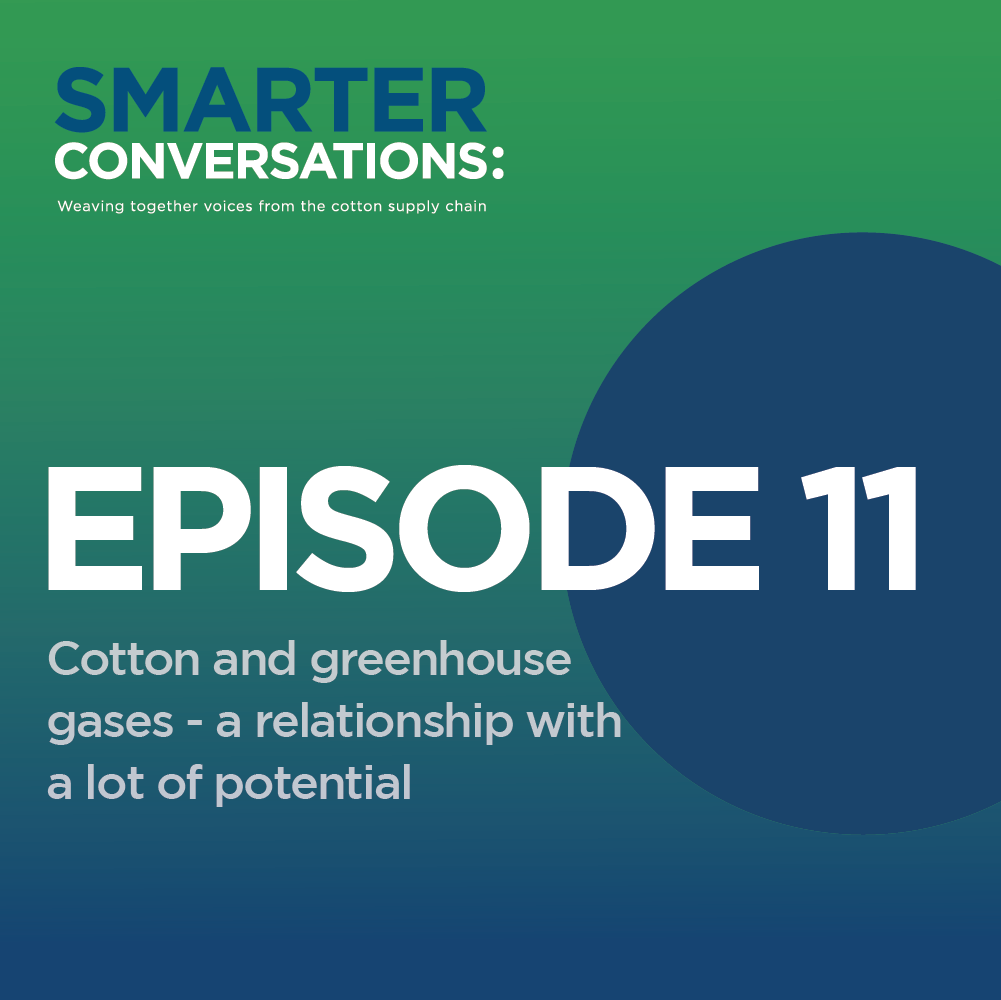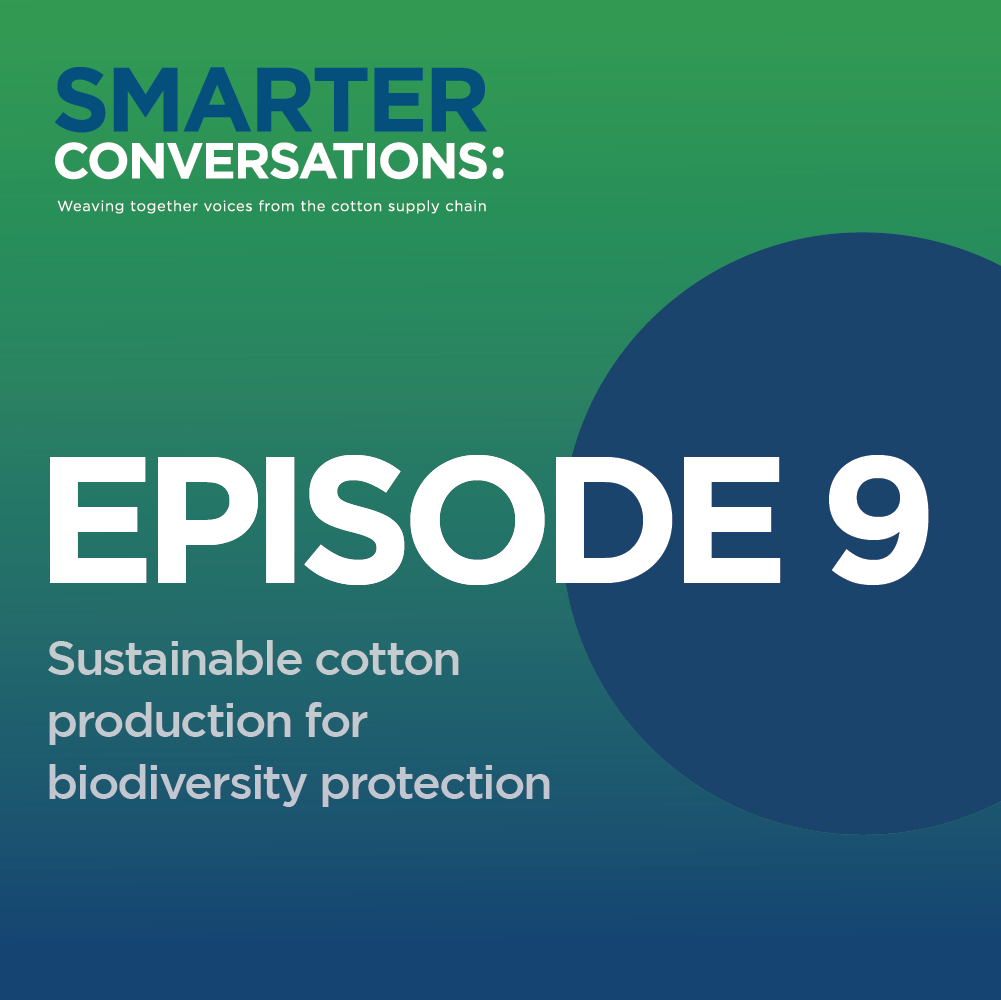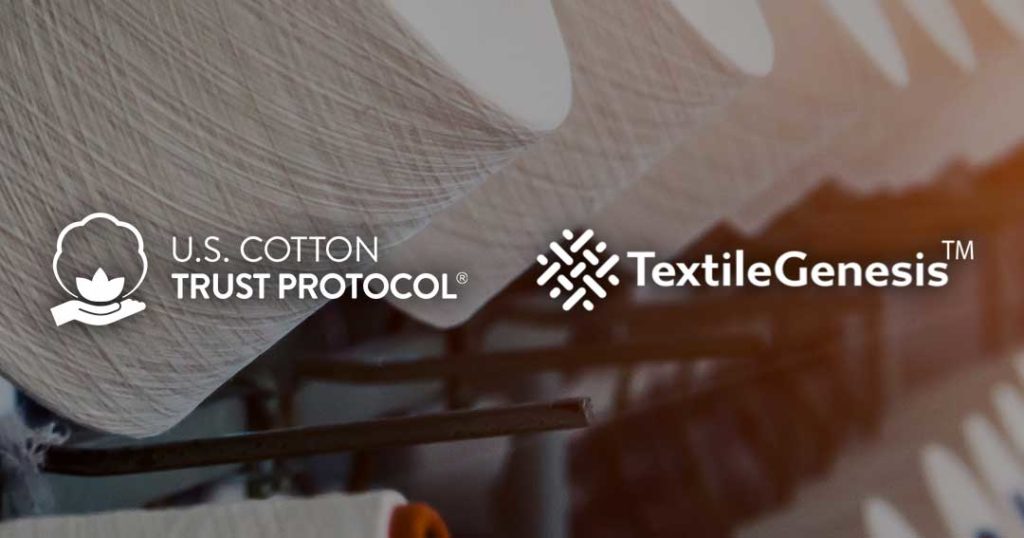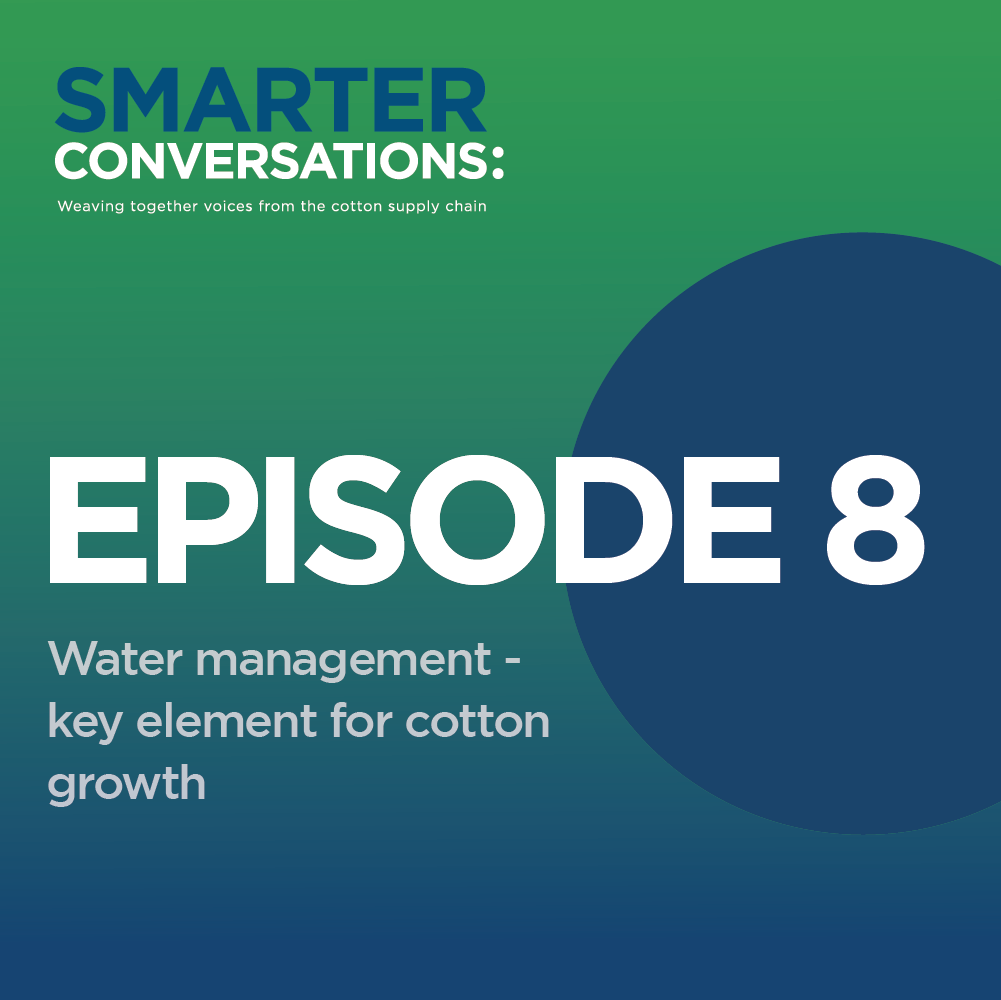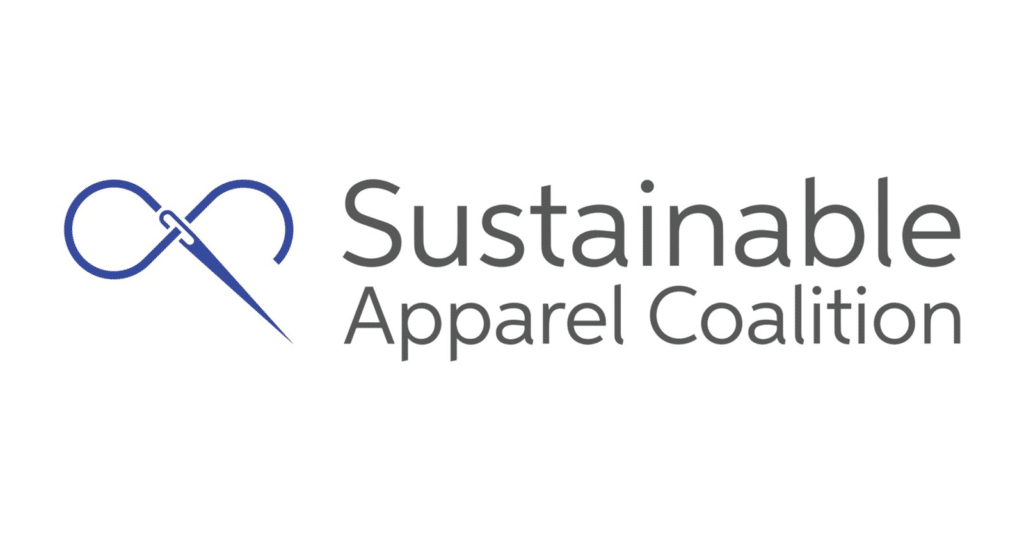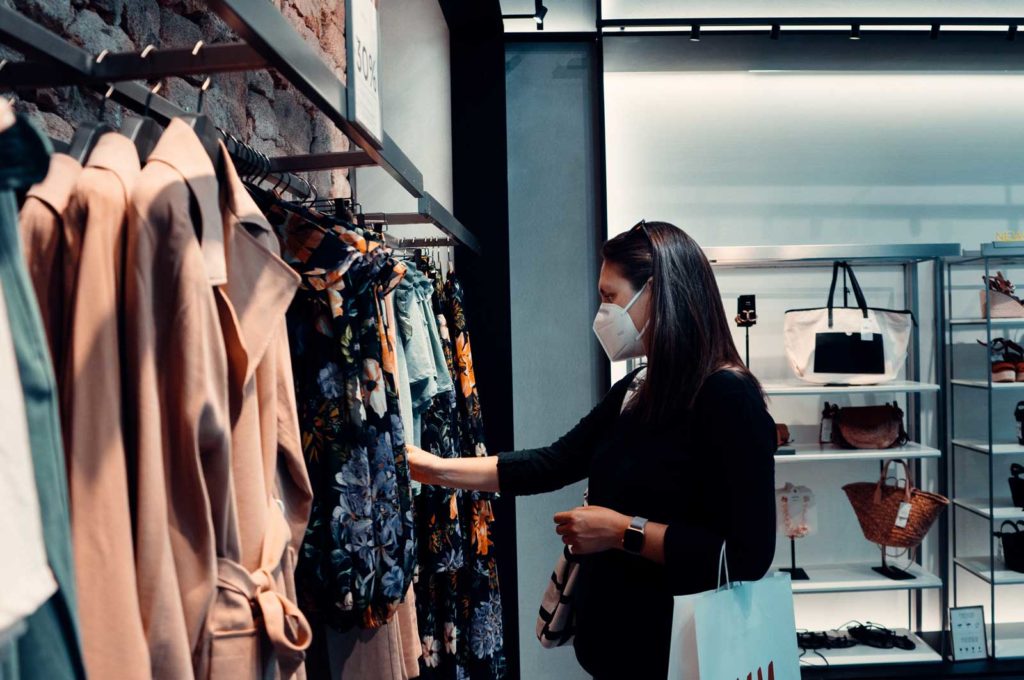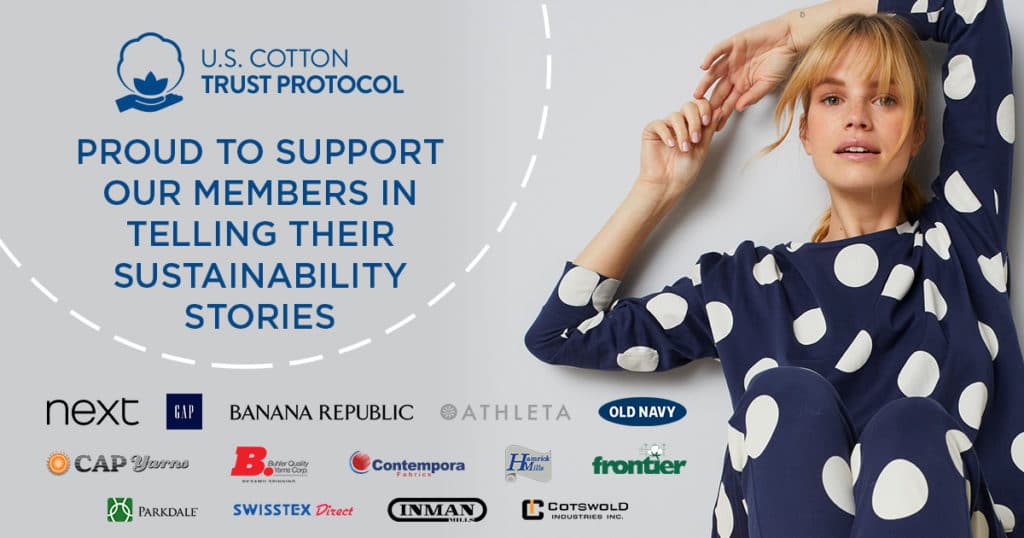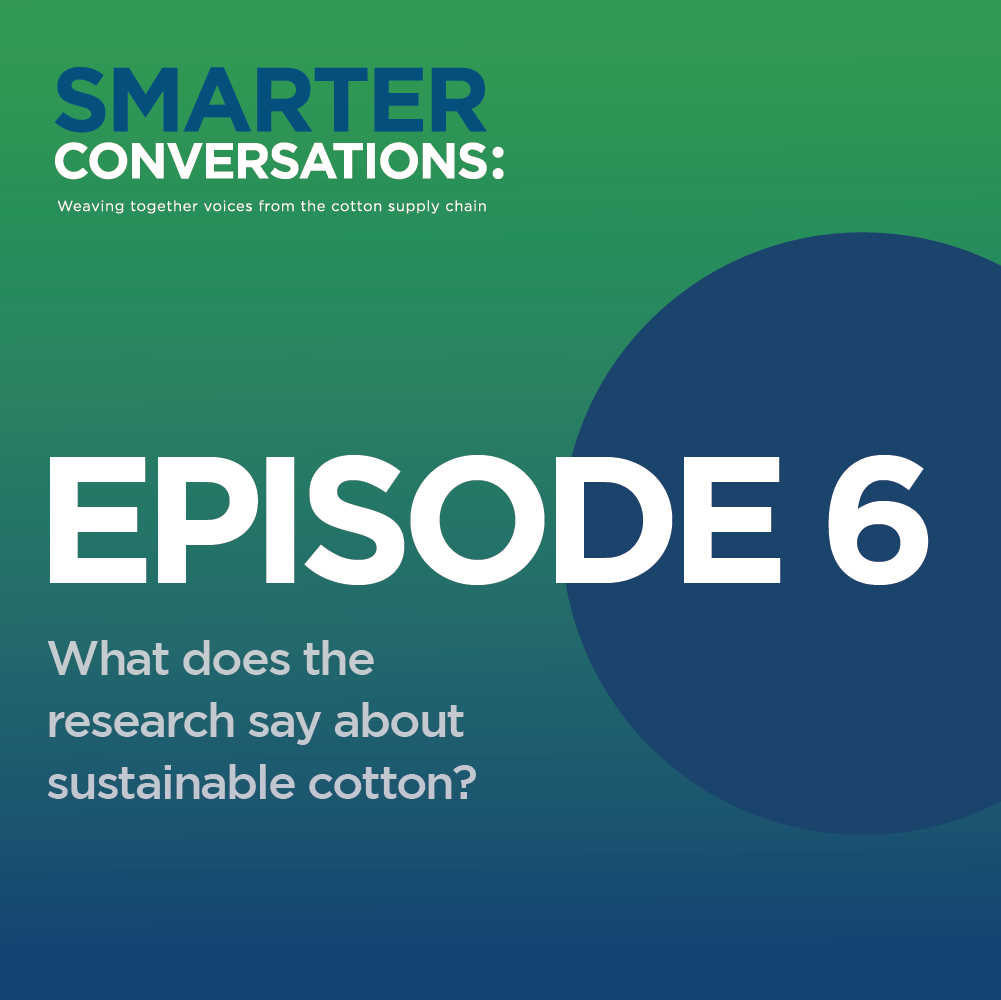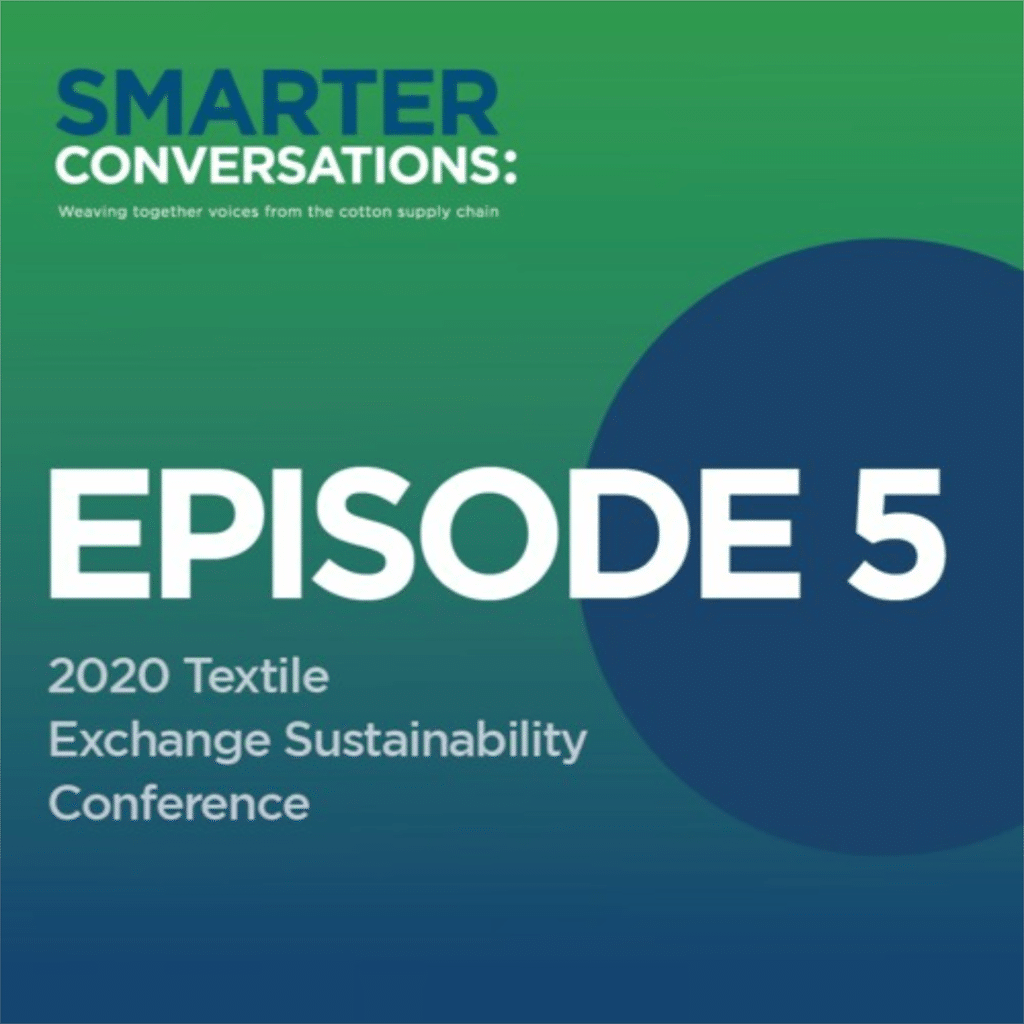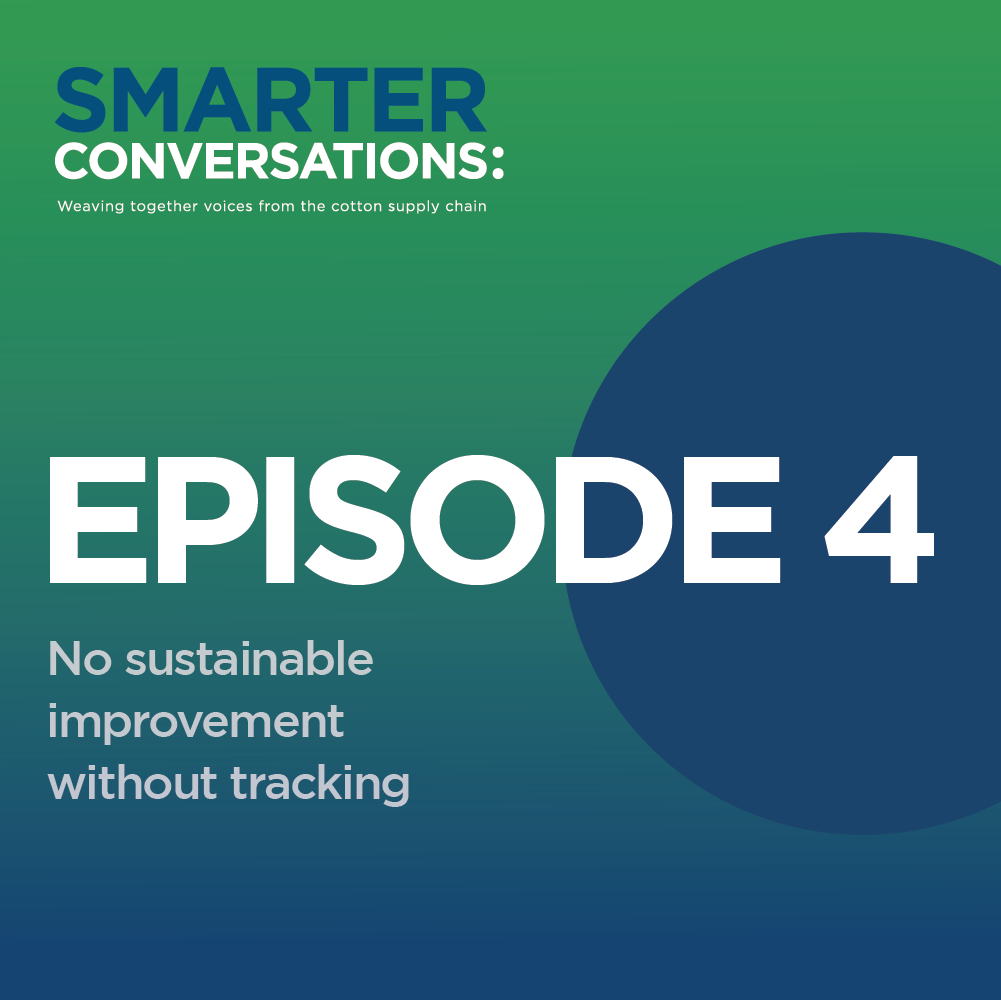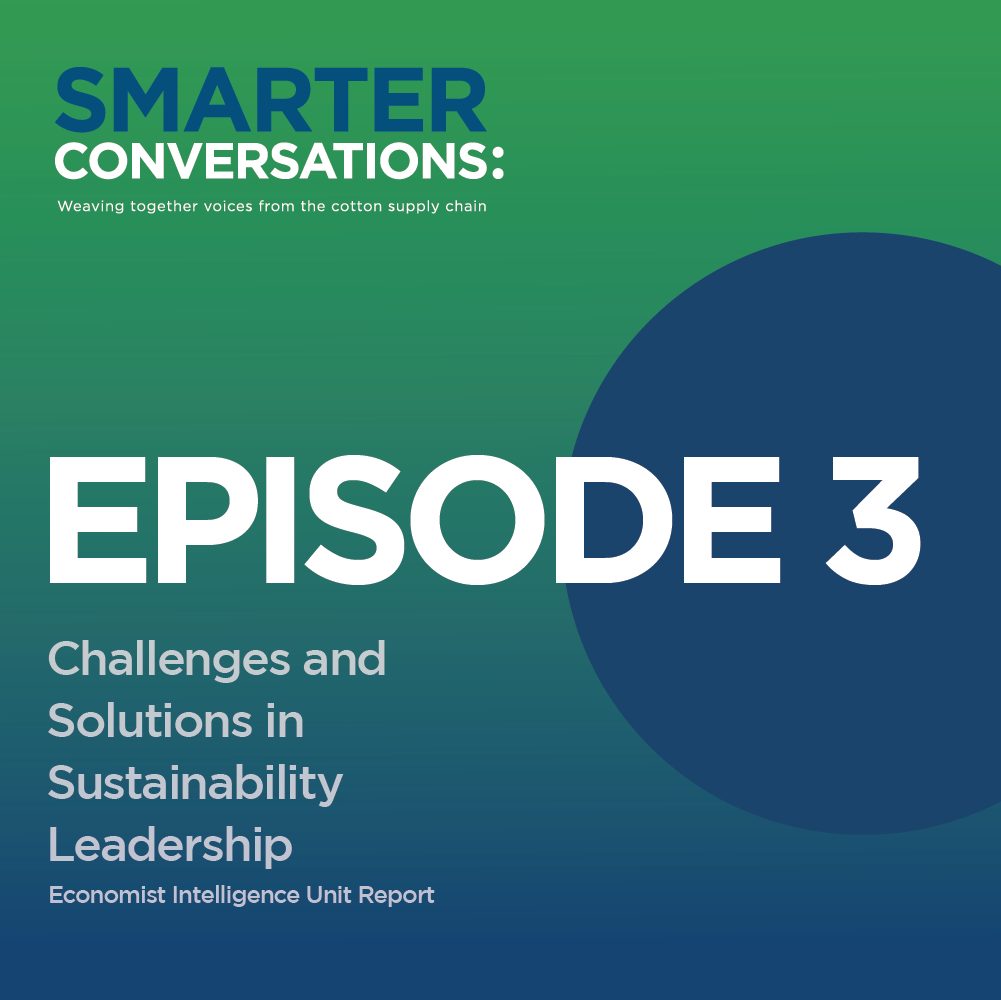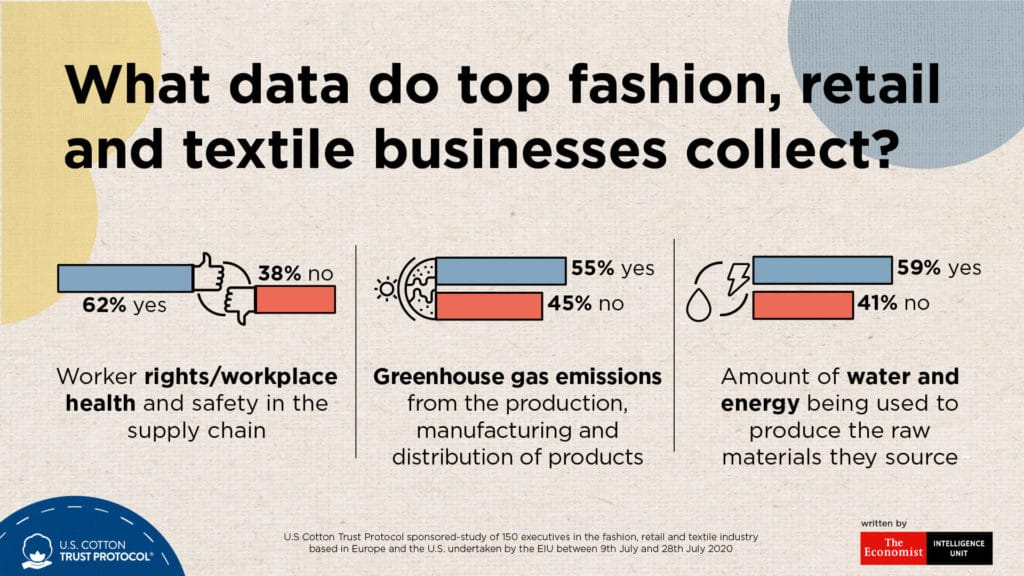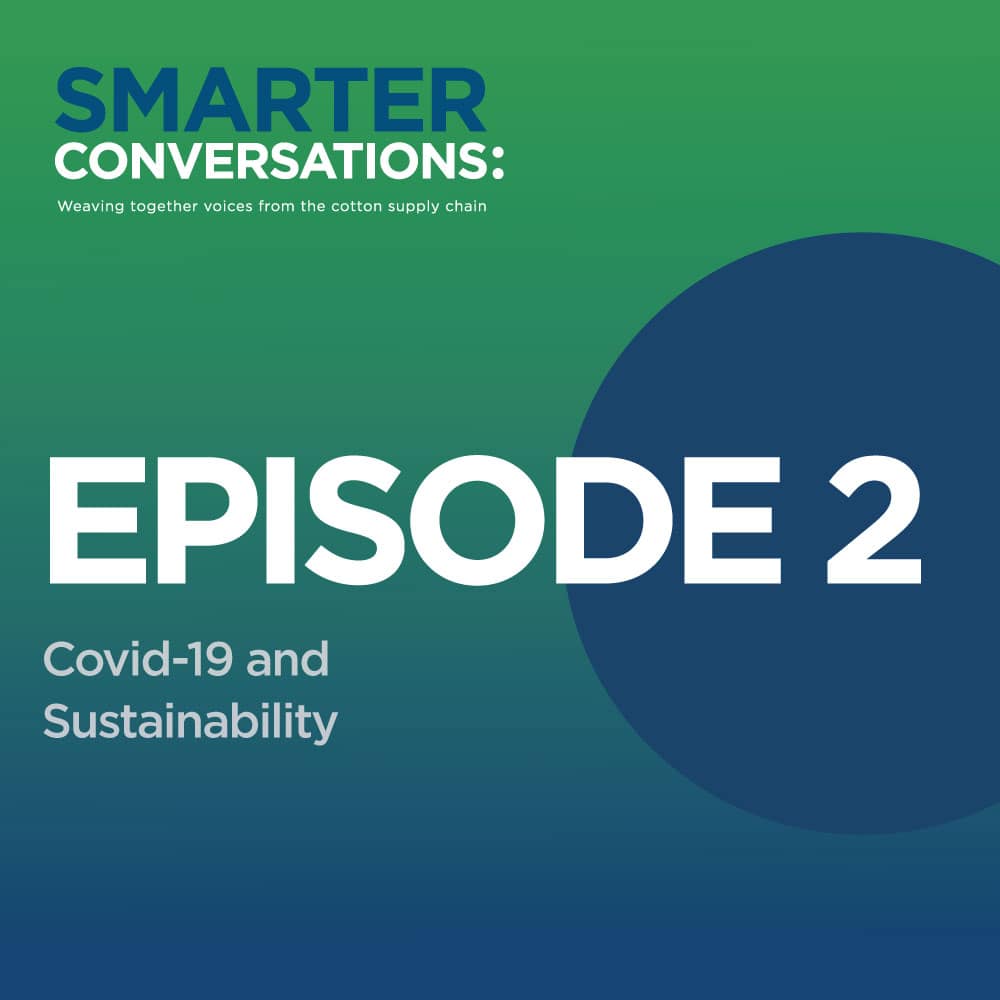Global stakeholders – including consumers – are showing an increased interest in environmental issues as we all look to address the impact of climate change. This heightened awareness has prompted fashion brands and retailers to implement sustainable practices, join new initiatives, and invest in responsible efforts.
For the fashion and textiles industry, a crucial part of addressing environmental concerns is listening to what consumers genuinely want and implementing solutions based on these learnings. A new survey from Cotton Council International and Cotton Incorporated provides insight into consumers’ feelings about everything from sustainability to what they look for when purchasing clothing, offering windows of opportunity for brands and retailers to meet their needs.
Cotton Council International and Cotton Incorporated’s Global Retail & Consumer Update from the Lifestyle Monitor™ 2023 survey found that more than half (54%) of people across the globe have become more concerned about sustainability. Consumers understand that environmental concerns are real and require change – pushing industries to act. For the fashion industry, one way to be more sustainable is sourcing sustainably grown raw materials for products.
According to the survey, cotton appeals to many consumers and is seen as sustainable. In fact, cotton is viewed as being the safest fiber for the environment (69% safe), while polyester is viewed as among the least safe (32% safe). By using sustainable raw materials in their products, brands can provide environmentally conscious consumers with the choices they want.
In addition to sourcing sustainable raw materials, the survey suggests that focusing messaging on sustainability can help brands reach consumers. Providing data to support sustainability claims can help assure consumers that their clothing was made sustainably, fostering trust between them and fashion brands.
The U.S. Cotton Trust Protocol provides its brand and retailer members with aggregate farm-level data that can help them more credibly and effectively communicate about their environmental commitments and goals with various stakeholders, including consumers. The data also can help support claims about the environmental outcomes associated with their consumed Protocol Cotton, enhanced visibility into their supply chains, their commitment to sustainable practices and products, and their company’s alignment with the core principles of the Trust Protocol.

It is becoming increasingly evident that providing consumers with high-quality, versatile, and sustainable goods is imperative for brands and retailers grappling with building trust and retaining consumers. According to the Global Retail & Consumer Update, 38% of consumers prefer clothing made with cotton, demonstrating clear demand for use of the natural fiber in clothing production.
By taking consumer sentiment into account in all stages of product development and manufacturing, brands and retailers can build and improve relationships with their stakeholders, and the Trust Protocol is proud to help foster those learnings and help implement changes.


